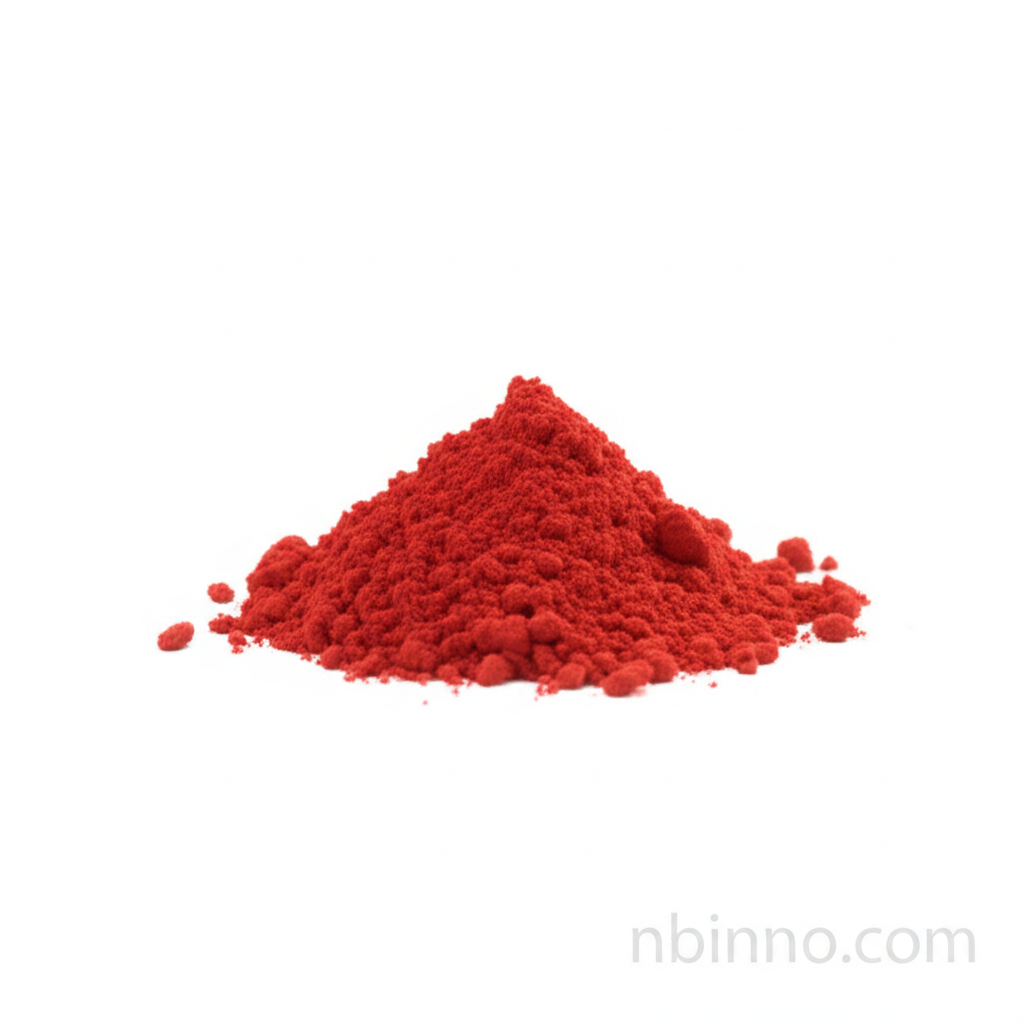Mycophenolic Acid: Potent Immunosuppressant for Transplant & Autoimmune Therapy
A critical compound for preventing organ rejection and managing autoimmune disorders, enhancing patient health.
Get a Quote & SampleProduct Core Value

Mycophenolic Acid
Mycophenolic acid is a powerful immunosuppressant medication vital for preventing organ transplant rejection and treating autoimmune conditions such as lupus and rheumatoid arthritis. Its targeted action on T and B lymphocytes makes it an indispensable agent in managing complex immune-related disorders.
- Discover how mycophenolic acid can aid in transplant rejection prevention by understanding its role as a lymphocyte proliferation inhibitor.
- Learn about the effectiveness of mycophenolic acid in autoimmune disease management, including its application in lupus treatment.
- Explore the biochemical pathways targeted by mycophenolic acid, particularly its function as a GMP synthesis inhibitor.
- Understand the significance of mycophenolic acid as a pharmaceutical raw material and its role in developing advanced therapies.
Key Advantages
Targeted Immunosuppression
Mycophenolic acid offers precise immunosuppression by selectively inhibiting T and B lymphocyte proliferation, minimizing broader immune system impact and supporting graft survival.
Autoimmune Disease Efficacy
As a treatment for autoimmune diseases, mycophenolic acid effectively reduces immune system hyperactivity, providing relief and improving quality of life for patients.
Crucial for Transplant Success
Its role in mycophenolic acid transplant rejection prevention is well-established, making it a cornerstone therapy for recipients of kidney, heart, and liver transplants.
Key Applications
Immunosuppressive Therapy
As a potent immunosuppressant, mycophenolic acid is essential in preventing the body from rejecting transplanted organs, crucial for successful outcomes in transplant recipients.
Autoimmune Disease Treatment
Used to manage conditions like lupus and rheumatoid arthritis, it helps to calm an overactive immune system, alleviating symptoms and improving patient well-being.
Cancer Research
Emerging research explores the potential of mycophenolic acid as an antineoplastic agent, investigating its ability to inhibit cancer cell growth and proliferation.
Biochemical Research
Its well-defined mechanism of action makes it a valuable tool for researchers studying purine synthesis pathways and immune cell signaling.
